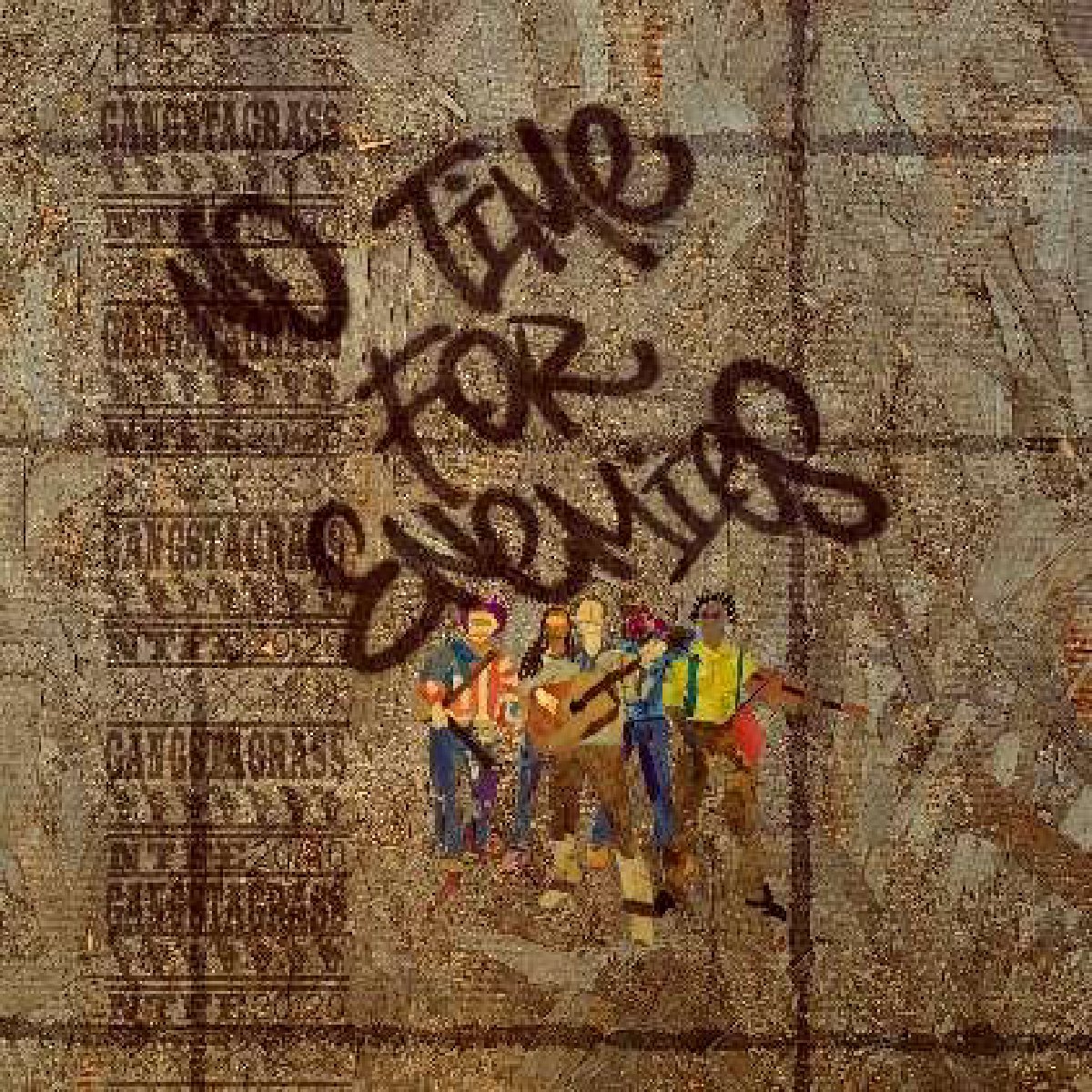There& #39;s a new @gangstagrass album: No Time for Enemies is vintage Gangstagrass, blending country and hiphop to make something that is both recognizably connected to both but fundamentally different from either.
https://gangstagrass.com/ntfe
1/">https://gangstagrass.com/ntfe"...
https://gangstagrass.com/ntfe
1/">https://gangstagrass.com/ntfe"...
If a country/hiphop band sounds like a contradiction in terms, consider the history of both Black and country music, which are intimately related to the history of broadcasting and recording.
2/
2/
Before recordings, the only music "industry" (that is, a business involving large firms with industrial equipment) was sheet-music publishing, and the musicians who performed the compositions they sold were considered mere tradespeople, following the composers& #39; instructions.
3/
3/
The advent of sound recording changed all that. Performers began to record compositions, to the outrage of the composers.
John Philip Sousa told Congress: "These talking machines are going to ruin the artistic development of music in this country.
4/
John Philip Sousa told Congress: "These talking machines are going to ruin the artistic development of music in this country.
4/
"When I was a boy ... in front of every house in the summer evenings, you would find young people together singing the songs of the day or old songs. Today you hear these infernal machines going night and day. We will not have a vocal cord left.
5/
5/
"The vocal cord will be eliminated by a process of evolution, as was the tail of man when he came from the ape."
(ok boomer)
6/
(ok boomer)
6/
The performers, meanwhile, insisted that they were performing the music they& #39;d paid for, and if the composers didn& #39;t want their music performed, they shouldn& #39;t be selling it to performers.
7/
7/
The issue was resolved by a compulsory mechanical license law, which compelled composers to allow any performer to record their songs (once they& #39;d been released on record), provided they paid a set fee for every copy.
That& #39;s how Sid Vicious got to record "My Way."
8/
That& #39;s how Sid Vicious got to record "My Way."
8/
Then came radio. And, as with sound recordings, broadcasters simply started playing records without seeking permission from the industry that made them ("We& #39;re just playing records: if you don& #39;t want people to play your records, don& #39;t sell them").
9/
9/
By this time, musicians had been organized into rights societies that handled their licensing, notably ASCAP. ASCAP represented "respectable" music, which meant that they wouldn& #39;t admit anyone involved with "race music" (Black music) or "hillbilly music" (country music).
10/
10/
So the Black musicians and western musicians organized under a different society, BMI, and while ASCAP was boycotting radio, BMI offered its catalog to broadcasters.
11/
11/
That meant that early radio was dominated by music that had been heretofore considered illegitimate - the music of poor and racialized people - this eventually brought ASCAP to the table, as the elite artists it repped grew furious that they were losing the culture wars.
12/
12/
But this mixing of Black and western music meant that blues, R&B and country mixed together in the upbringing of a new generation of musicians, reared on the radio during the BMI era, giving us boogie woogie and rock n roll.
13/
13/
So Ganstagrass is not the first time Black and country music were blended! It has the hybrid vigor of that early rock/boogie-woogie music, with flavors that remind me of Steve Gibson and the Five Red Caps and other crossover acts.
14/
14/
Meanwhile, the media wars of sound recordings and broadcasts followed the template of once-were pirates declaring themselves admirals and decrying those who had the audacity to do unto them as they had done unto their forerunners.
15/
15/
The broadcasters who stole the record albums decried the cable operators who stole their radio signals. The cable operators damned the VCR manufacturers who stole the signals they& #39;d stolen from the broadcasters.
16/
16/
And then Sony - the company that legalized the VCR after an 8-year, brusingly expensive Supreme Court fight - declared war on Napster, for having the audacity to steal the recordings it stole from the cable operators, who stole them from the broadcasters...
17/
17/
...Who stole them from the record companies, who stole them from the sheet-music publishers (publishers, it must be noted, that were accustomed to stealing from composers).
Every pirate wants to be an admiral!
18/
Every pirate wants to be an admiral!
18/
Anyway, the new Gangstagrass album& #39;s major single is "Ride With You" and it& #39;s got a great video:
https://www.youtube.com/watch?v=VwKtsyTSe5M
eof/">https://www.youtube.com/watch...
https://www.youtube.com/watch?v=VwKtsyTSe5M
eof/">https://www.youtube.com/watch...

 Read on Twitter
Read on Twitter


